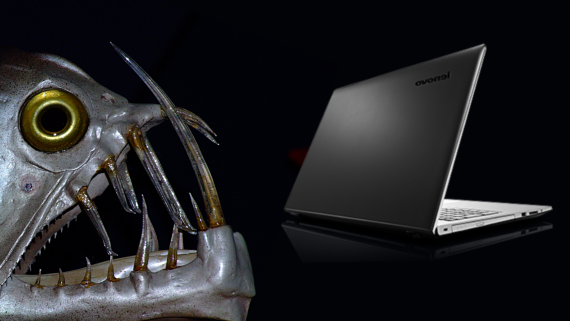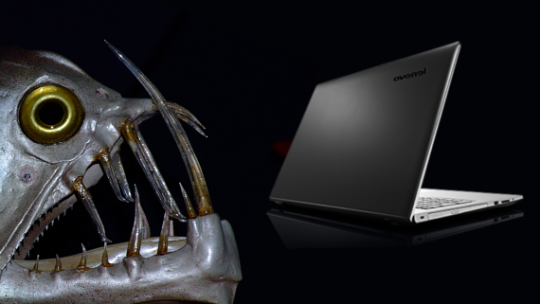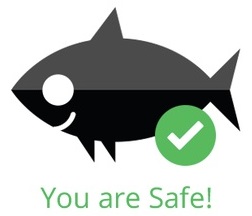

Lenovo has been caught red-handed shipping laptops with invasive adware. Read more here to find out the implications of why you should be concerned.
If your office has purchased any number of Lenovo laptops during the latter part of 2014, then these systems are likely affected by pre-installed adware.
There’s now little wonder as to why your office’s antivirus or antimalware software might have been bugging you about a malicious adware named “Superfish”. If your systems administrator hasn’t been able to pinpoint the particular source, the culprit could really be the OS itself or Lenovo.
In 2014, several Lenovo notebook users reported injected advertisements while doing regular internet searches. The adware was identified as “Superfish” with capabilities of injecting third-party advertisements to not only on search engines like Google but by any website visited as well. Experts and technical enthusiasts have determined the adware was already pre-installed with the notebook by the time a unit is purchased.
Is It a Big Issue?
Although Lenovo would claim otherwise, experts point out that this invasive software can affect both users’ privacy and security.
For internet users who are annoyed by those numerous and deceiving web advertisements, this would already be a problem. Even the more savvy users can be deceived due to the nature of the advertisements displayed, which are designed in a way to look like they are part of the search results or the webpage itself.
A serious security threat which can spy and steal your data
Other than the ability to bombard you with online advertisements,”Superfish” also gives the perpetrators an opportunity to spy on the user’s activities when online and even monitor personal data:
- The adware installs itself as a root security certificate in the laptops.
- A security certificate is a small system file/key that determines which websites, servers, and software are trustworthy and which are not.
- A root certificate can be likened to having a “master key”, where its authority will be adopted within the internet settings of a computer.
- This makes a computer vulnerable by tricking it into thinking a website is secure, even if it’s not.
It’s a window of opportunity for cyber criminals to spy on their targets or even deceive them to give out personal data like usernames and passwords. There’s also a risk for laptops to be susceptible to malware and virus attacks since they can slip through their antivirus/antimalware software by using the certificates to make them look like legitimate files.
Lenovo’s Response
Lenovo recently confirmed selling their units pre-installed with adware and shipping them worldwide. According to Lenovo, only units produced between September and December of 2014 were affected. Additionally, Lenovo defended the addition of “Superfish” in its laptops citing that the goal was to improve user experience when shopping online and that it does not monitor user activity.
As of January 2015, Lenovo has stopped shipping the adware on its computer products and has promised not do so in the future. It has also disabled “Superfish” and server interactions for the affected units and users. This “feature” should now cease to exist.
Check if you are affected by Superfish
Filippo Valsorda has setup a quick online test to see if your computer and internet connection are affected. The test can be run here.
For more ways to stay protected, contact your local IT professionals.
Read More




